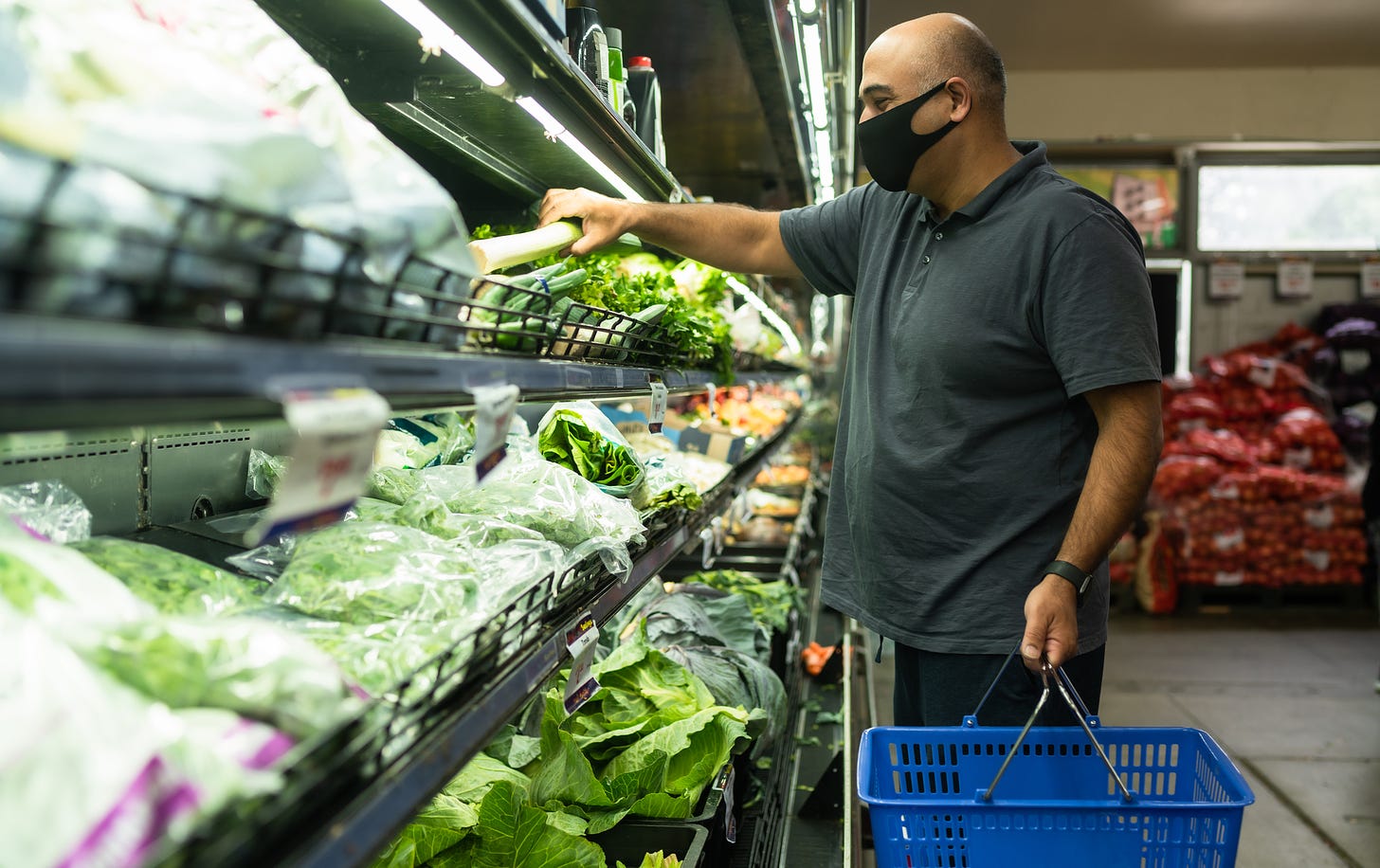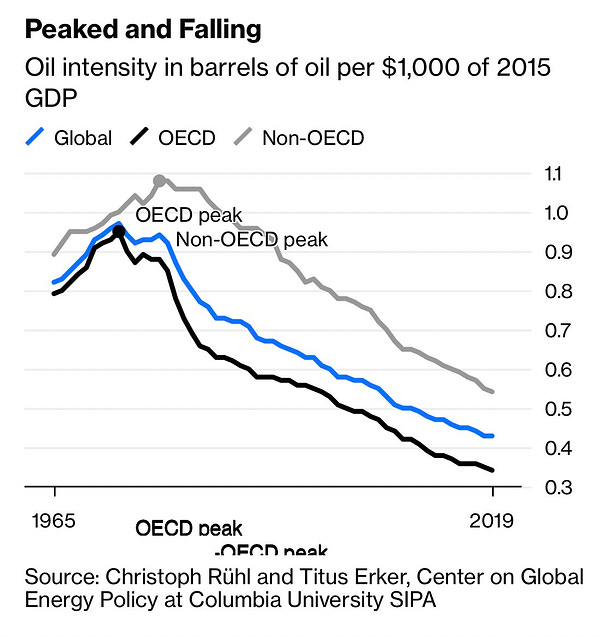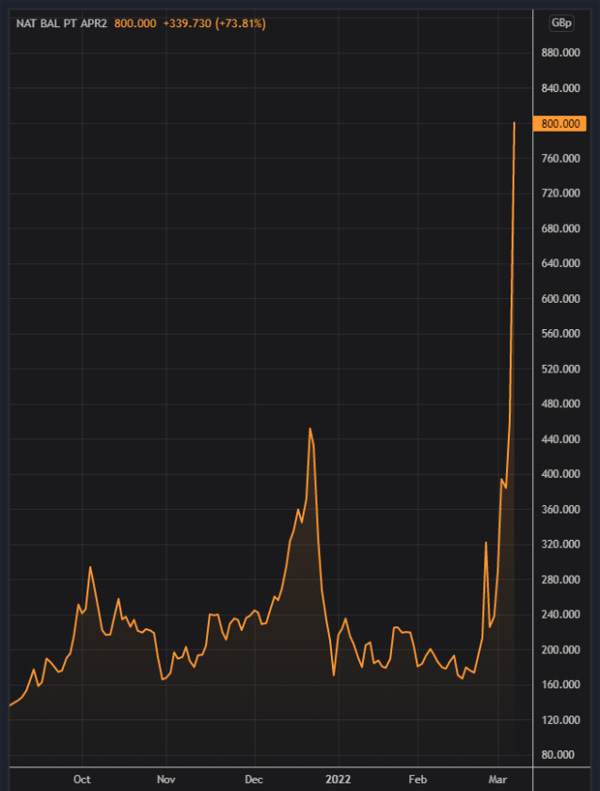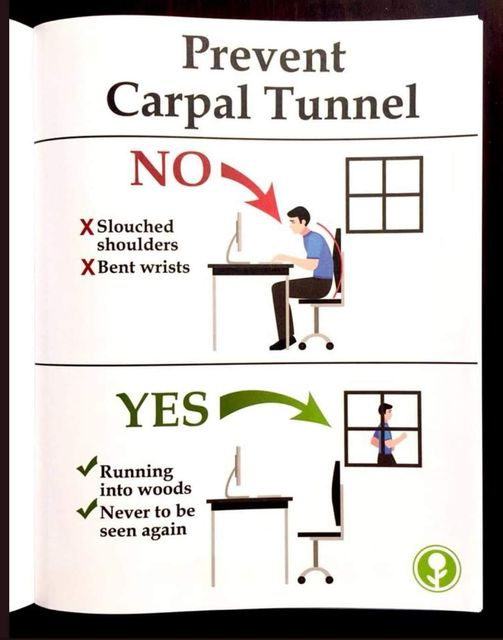TLDR & TLDL: As I wrote I expected in this analysis back in July last year, the Commerce Commission has backed away recommending an arduous and complicated Telecom-style break-up of Foodstuffs and Woolworths in separate wholesale and retails arms, or a Government-assisted launch of a competitor.
Instead, the Commission today recommended in its final (606 page) report of its markets study that a grocery regulator be set up to police a mandatory code of conduct for the industry, along with industry practices on deals with suppliers, promotional pricing and loyalty schemes. It also wants to try tweaking planning and Fair Trading laws to encourage private competitors to enter the market, possibly with the help of one or more of the duopolies voluntarily offering to sell them goods on transparent wholesale terms.
The clearest and newest detail in the report is that the duopolists have used 190 covenants on land and exclusivity clauses in leases with shopping centre owners that have stopped competitors from getting access to the juiciest locations. In 150 of those cases, the covenants and exclusivity clauses have protected Foodstuffs and Woolworths NZ for more than 20 years. The Commission proposed prohibiting the use of these clauses.

Elsewhere in the news today:
Global stocks fell 3-4% overnight after oil prices briefly hit 14-year highs of $139/barrel, worsening fears of higher inflation and interest rates that lower asset values (CNBC);
Germany’s Chancellor Olaf Scholz asked the US not to impose an immediate and total ban on Russian gas and oil exports, saying they were “of essential importance for the provision of public services and the daily lives of our citizens,” which prompted a slight pullback in oil prices overnight (The Guardian); and,
China’s Foreign Minister Wang Yi warned the United States against trying to form a Pacific version of NATO and of giving more support to Taiwan, while also accusing the United States of having a double-standard over Ukraine’s sovereignty. He also said China’s “no limits” support of Russia was “rock solid.”
The power of the covenant
Reading about the bullying, the rent-seeking and the use of laws designed to protect the environment to instead smear a juicy layer of super-profit into the cost of everything we buy in supermarkets is a lot like finding out how the mortgage-fueled housing market works. Watching an official inquiry conclude not much can or should be done to rectify this was also eerily familiar.
Accidentally on purpose, Aotearoa-NZ has found itself held hostage by uncompetitive markets and dominant market players for two of the basics of life: food and shelter. A series of accidents of political history tied to a naive three-decade-long assumption that free markets would always provide the basics and the luxuries of life both efficiently and fairly has put us in the position where our housing is the most expensive in the world and our groceries are the fifth most expensive in the world.
That’s the conclusion I reached reading today’s final report of the Commerce Commission’s markets study into supermarkets. The same themes emerged time after time:
Foodstuffs (Pak’n’save, New World and Four Square) and Woolworths NZ (Countdown) have been using the Resource Management Act to lock in the profitability of the assets they had in each part of our major cities and to prevent new supply entering the market to drive down prices;
their profits are at least twice as much as is normal for running supermarkets, in part because they have used confusion marketing to befuddle consumers, regulators and politicians into doing nothing for decades;
the major beneficiaries of these super profits have routinely spread the blame for high prices on others in the economy, and other global forces; and,
regulation is being recommended only as a last resort and only after the dominant market players have taken the piss for so long that it’s become not just embarrassing, but a threat to the nation’s wellbeing through ruinously high living costs, particularly for our poorest.
It’s a tragedy that profits on $23b worth of sales each year are around double what they would be if the market was properly efficient and competitive. Our house prices are around double what they would be if we had an elastic and competitive market for serviced land and transport for housing. Our rents are as much as a third higher than what they should be relative to incomes if our market was competitive.
Our body politic is only now waking up to economic and social pain of allowing markets to be consolidated and then dominated by a few players who capture the architecture of Government to protect those superprofits. The United States has launched a widespread campaign against the abuse of market power under President Joe Biden, targeting industries as widespread as technology, meat-packing, airlines and pharmaceuticals.
So what did the Commerce Commission find?
Here’s a summary of the overall findings and recommendations via the (19 page) executive summary and the full report (609 pages), including:
“Competition is not working well for consumers” and the duopoly would face more pressures to improve prices, ranges and quality if there was more competition;
the intensity of competition between Foodstuffs and Woolworths is “muted and does not reflect workable competition”;
the Commission sees little prospect of new or expanding rivals being able to grow to the scale and geographic breadth to compete effectively without any changes;
it found returns on capital employed ranged from 12.7% to 13.1% from 2015-2019, which was above the 5.5% the Commission estimated as a normal rate of return for retailing;
Aotearoa-NZ had the fifth-most expensive groceries in the OECD and households spent the fifth-most per capita per week on groceries in 2017;
the two groups use confusing promotions, pricing labelling and loyalty schemes to make it harder to properly compare prices across time and the two groups;
the two groups use their buying power to shift costs and risks back onto suppliers, while also threatening to pull their products and blocking them supplying the other group;
the two groups had arranged 190 agreements with land owners and shopping centre owners that included covenants and exclusivity clauses that stopped those sites from being sold or rented to competitors, with 150 of those restricting the sites’ use for more than 20 years;
the Commission recommended the use of the covenants and clauses be prohibited;
it recommended planning law changes to make more sites available, and to stop the use of the existing laws as blocks to new entrants;
it recommended the creation of a Grocery industry regulator to write and police a mandatory code of conduct with suppliers and to monitor pricing, profitability and promotion practices, along with land banking by supermarkets; and,
it recommended one or both of the groups volunteer to supply a competitor on transparent wholesale terms;
it recommended the Government review foreign investment and alcohol licensing rules to make it easier for competitors to set up; and,
it found there were so few choices at competitive prices for other smaller grocery operators they simply bought their supplies at retail stores like any other consumer.
“We consider that the New Zealand market could sustainably accommodate at least one more large-scale rival, and that reducing current constraints on entry and expansion would help to facilitate this. In the long term, actual entry or expansion is likely to be the greatest driver of competition.”
“We consider that major grocery retailers offering wholesale supply to other retailers is likely to be the most successful long-term solution for improving access to groceries for resale.
“There is unlikely to be sufficient demand to support a viable independent wholesaler over the longer term. Large grocery retailers throughout the world typically source and distribute products to their own retail stores, rather than purchasing from a wholesaler. This is also true for New Zealand’s major grocery retailers, and some larger-scale potential entrants.”
‘Why we don’t want to break them up’
The Commerce Commission said it considered a regulated wholesale access regime that would have enforced ‘vertical separation’ of the two groups in a way that their wholesale and retail businesses were run separately.
But it decided against a break-up because:
“Introducing a regulated wholesale access regime for groceries would be very complex due to the wide range of products and dynamic nature of the sector; and,
“There are significant efficiencies associated with integrated retail and wholesale grocery operations, and there would be a range of practical challenges and transaction costs associated with separation.”
It concluded:
“Therefore, we recommend that the major grocery retailers be given the opportunity to negotiate commercial wholesale supply arrangements with other retailers, with the regulatory oversight described above. The major grocery retailers have publicly stated that they are open to, or are exploring, the possibility of negotiating commercial wholesale supply in certain circumstances.” The Commerce Commission.
It went on to recommend a mandatory grocery code of conduct based on the Australian code, enabling collective bargaining by some suppliers, and strengthening the unfair contract terms regime for ‘business-to-business’ contracts.
It also recommended the whole industry be reviewed again after three years to see whether the tweaks had worked.
So what happens now?
The Government will be happy it doesn’t have to spend years trying to disentangle the two giants and their suppliers, or have to splash out to build a new ‘KiwiMarket’ competitor.
The Commission also delivered a little kicker in saying that it planned to open formal investigations to enforce compliance with existing legislation, without specifying who it would go after and over what.
The immediate reaction
The Food and Grocery Council, which represents suppliers, described the report as a victory for suppliers.
“The Commission has affirmed its position that competition is not working well for many suppliers, and that the duopoly over the past two decades has pushed excess costs, risks, and uncertainty onto suppliers, with fears of delisting if they do not agree to their terms.
“Changes recommended today will not solve everything but will significantly move the dial. That was always our ambition. The Commission’s report is a ringing endorsement of the Food & Grocery Council’s stance.” FGC CEO Katherine Rich
Commerce Minister David Clark said the Government would immediately progress the Commission’s recommendations and hung out the vague threat of either a break-up or a Government-sponsored competitor if the regulatory tweaks did not work.
“This includes exploring how a Code of Conduct between major retailers and suppliers could be developed and looking at the role a dedicated regulator for the grocery sector could play.
“The Commission’s findings indicate that restrictive covenants over land are a major barrier to supermarkets accessing new sites, so I want to ban these covenants being used to stop competition.
“The report sets out a clear justification for change in the grocery market. The status quo will not deliver fairer prices for consumers and a better deal for producers and suppliers, and I hope the sector will constructively engage in the changes that need to be made.
“Given the importance of achieving healthy levels of competition in our retail grocery sector I have not ruled out some of the other options that the Commerce Commission tabled while developing its report, if consumer benefit is not achieved from the changes recommended in the report.” David Clark
Woolworths NZ MD Spencer Sonn said Woolworths supported the creation of a mandatory code of conduct for suppliers.
“We also support having greater clarity and consistency across retailers around unit pricing and promotions, and we support making changes to land covenants to help free up sites for more supermarkets to be developed. We agree with the Commission’s finding that planning law changes could also play an important part in this.
“We hear the concerns raised about improving the wholesale supply to third party retailers, and we are committed to working with the government on what this could look like.” Spencer Sonn
The founder of online supermarket and home delivery service, Supie, Sarah Balle, said the report wouldn’t result in any tangible change for consumers. Supie was founded last year by Balle and received $2.5m in seed funding from Icehouse. It now has almost 10,000 members.
“This process was the opportunity to make a meaningful change to set up a fair food future and a better outcome for every New Zealander. Fairer access to food will not improve, the cost of food will continue to rise and we as a country will continue to be treated unfairly by the status quo, being the supermarket duopoly.” Sarah Balle.
Consumer NZ said it was also disappointed the Commission hadn’t recommended regulation of supermarket price displays, promotions and loyalty schemes, and there was nothing requiring supermarkets to supply other retailers with groceries at competitive wholesale prices.
“It hasn’t recommended regulation of supermarket price displays, promotions and loyalty schemes and there is nothing that will require supermarkets to supply other retailers with groceries at competitive wholesale prices
Instead, the recommendations rely on supermarkets voluntarily changing their pricing and loyalty scheme practices and to only consider requests for wholesale supply from other retailers in good faith.
"We are concerned the recommendations rely on the supermarkets doing the right thing. While we’re happy to see the spotlight put on the supermarket sector, we are concerned that if the spotlight is removed, supermarkets will revert to the practices that brought about the need for this market study in the first place. Change is likely to be slow and consumers are not going to see lower prices at the checkout any time soon.” Consumer NZ CEO Jon Duffy
Spookies, profundities, curiousities and feel-goods


Charts of the day


Useful longer reads and listens






Some fun things
Ka kite ano
Bernard






















Supermarket duopoly lives to profit another day